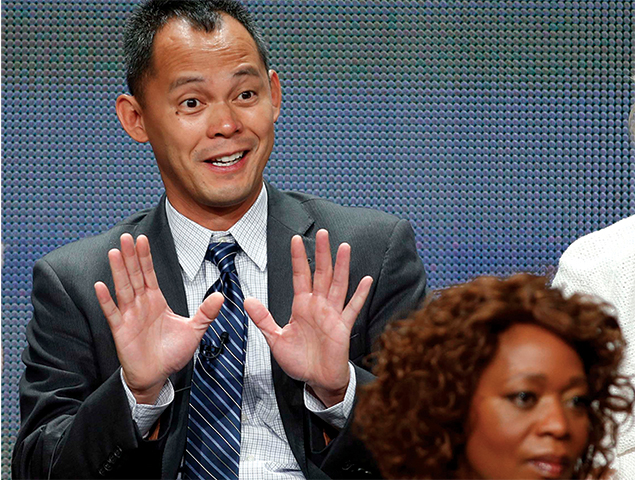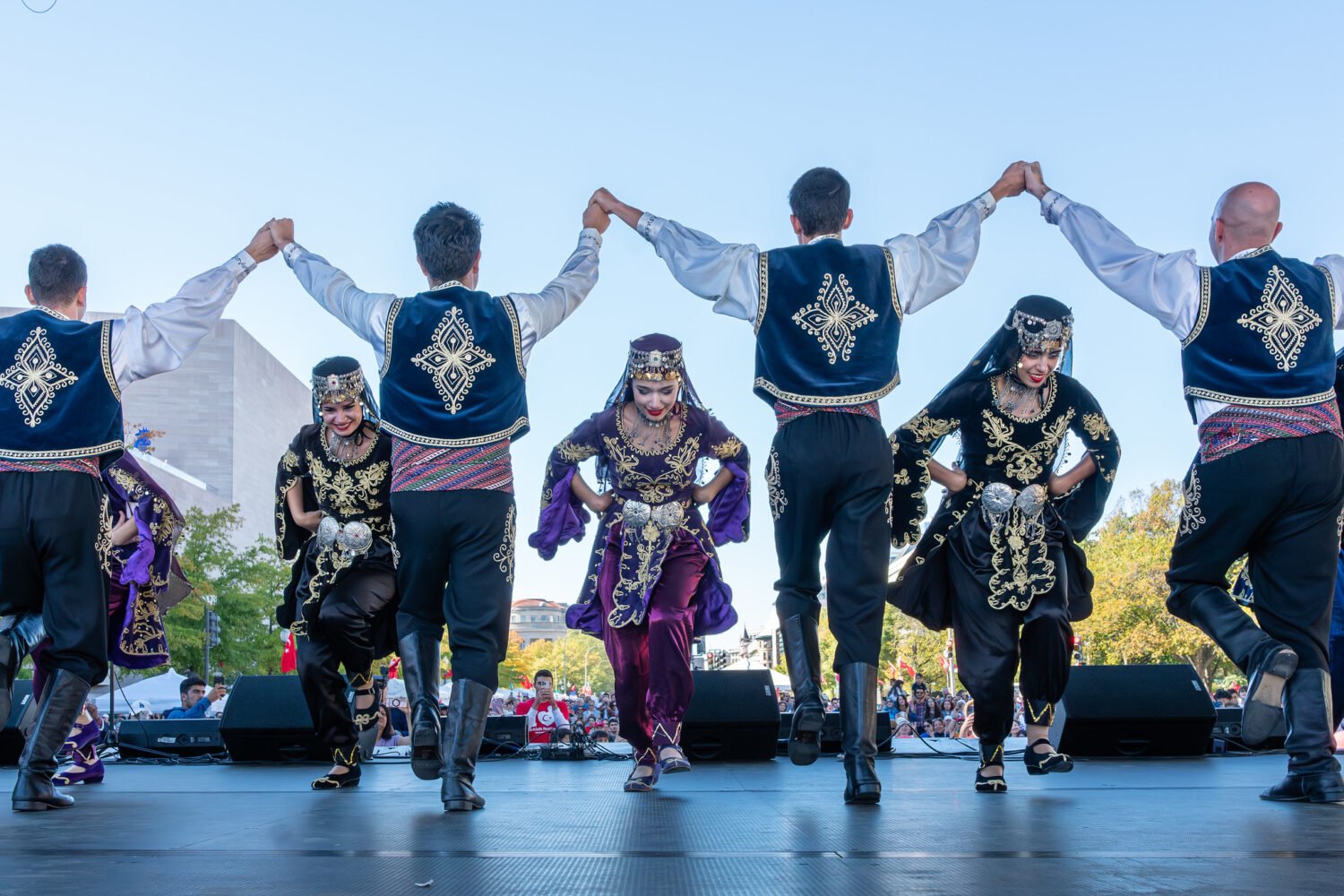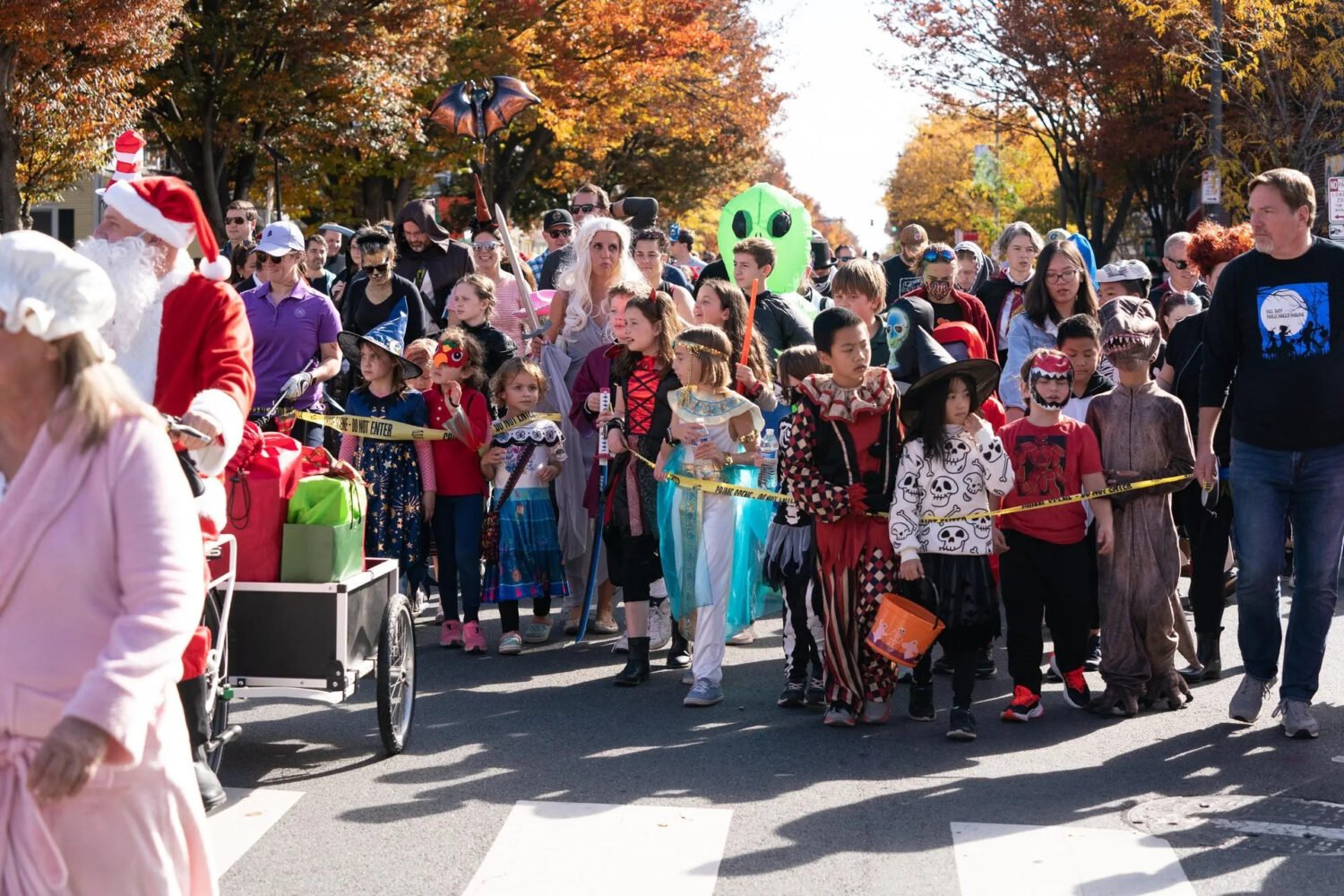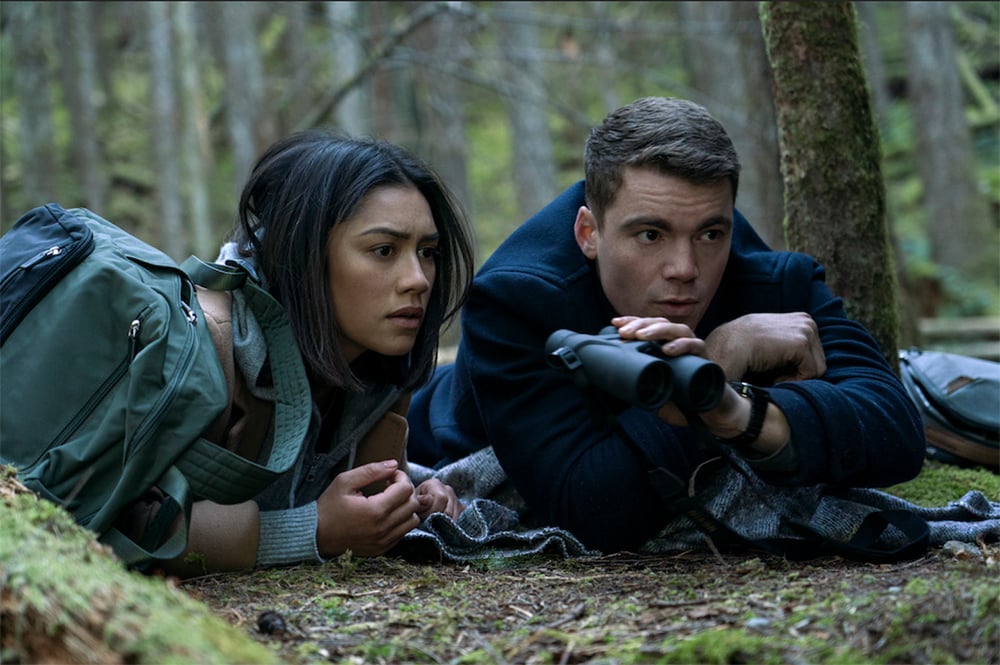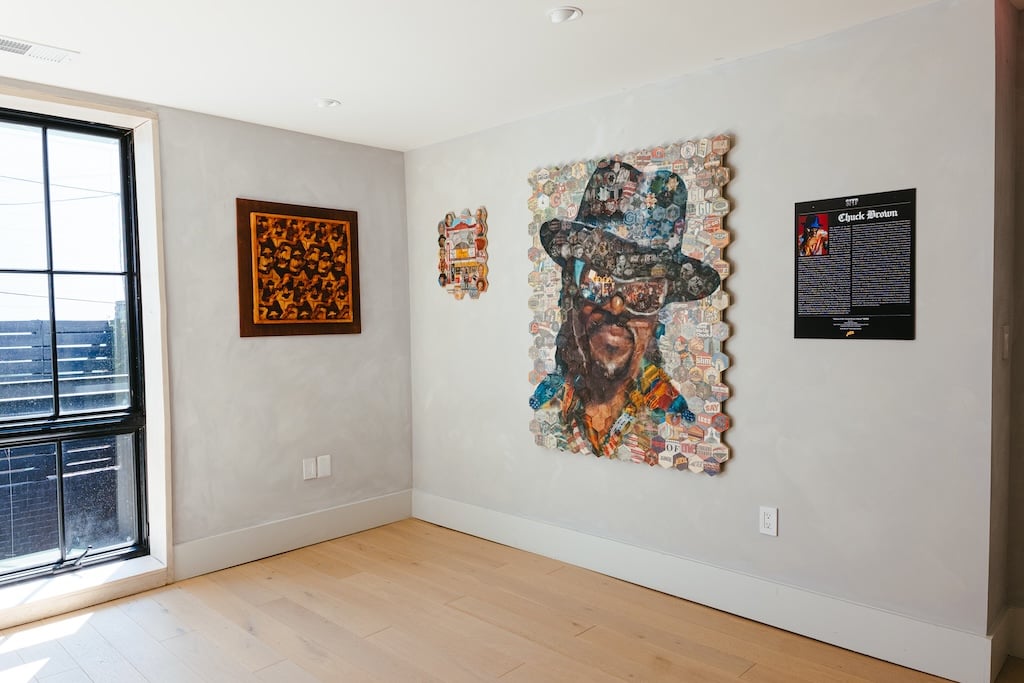If Katherine Heigl can convince us she’s a CIA analyst on NBC’s new political drama, State of Affairs, that’s going to be largely due to Rodney Faraon. The Arlington resident’s 14-year Agency career began the summer before his 1992 graduation from Georgetown; he wrote his first presidential daily briefing as a college senior. An executive producer and a model for the series—which premieres Monday, November 17, at 10—Faraon advises the show’s writers and director on Langley lore.
How true to life is the show?
All the plots are things that could happen in the real world. What we’re doing may seem ripped from the headlines by the time we air, but actually we had the [similar] story for the pilot done long before ISIS was even on the map. The caveat is: Look, we’re not doing a documentary. But there’s a core of authenticity, with the chemistry of the team and the dilemmas that briefers and analysts face.
What do the writers want to know?
At the beginning, I shared stories, atmospherics—all unclassified, because I have a security-clearance obligation. Now they come back and ask me, “Is this plausible? What jargon would they use?”
What did they think analysts do?
Like a lot of people, they had the impression that CIA officers infiltrate terrorist cells like the FBI or that the DEA infiltrates crime gangs. That’s simply not the way we do things. I’ve had to teach about minutiae but also about the big picture.
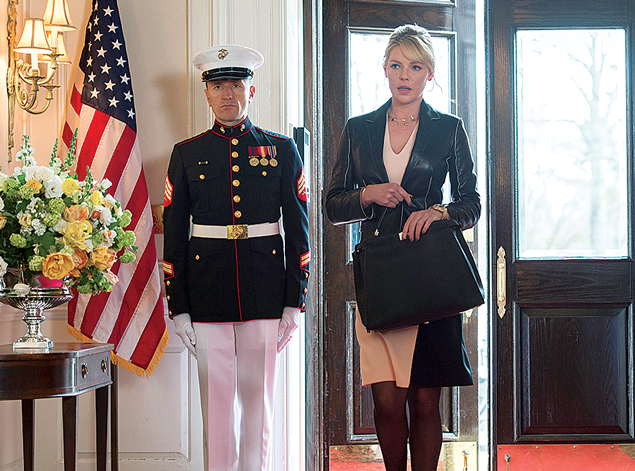
Why show business?
My first private-sector job was at Walt Disney after 9/11—they advertised for a director of threat-and-vulnerability assessment. On the studio lot, you couldn’t help but absorb the energy. [Alias and Lost creator] J.J. Abrams had his office right above mine, so I got to know some of the writers and producers, and I became intrigued with the entire art of it.
What CIA skills translate to Hollywood?
Washington and LA are very similar. You need to be aware of who you are and have great allies.
How do you explain the popularity of national-security shows?
Since 9/11, I think people want to understand these issues, and storytelling is a great way to learn about the process and really absorb it. It can be dangerous if you’re telling the wrong stories, or inaccurate stories, but they’ve made people more politically aware.
This article appears in the November 2014 issue of Washingtonian. Find Tanya Pai on Twitter at @tanyapai.

